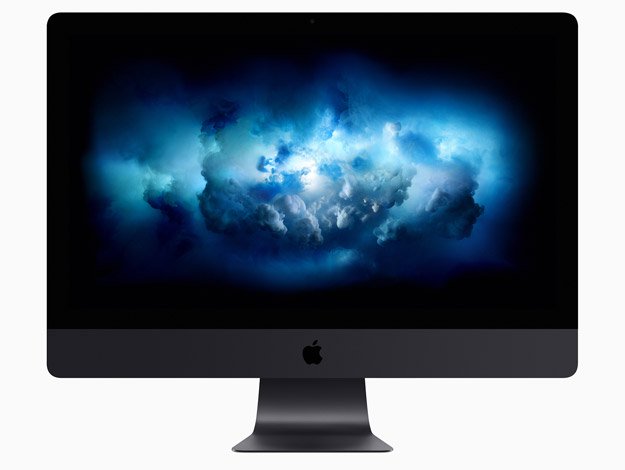Apple Rumored To Ditch Intel Processors In Macs By 2020, INTC Shares Tumble
Bloomberg, which often obtains some rather accurate details about Apple's unreleased product lines, says that the company will begin ditching Intel as a supplier of processors for its Macs as soon as 2020. Intel shares were down 6 percent on the news. These ARM processors are part of an initiative reportedly dubbed Kalamata. It is highly likely that the first products to make the transition would be thin and light notebooks like the 12-inch MacBook, and then expands to the rest of the MacBook Pro (and Air) families.

Things would definitely get more interesting when it comes to Apple's desktop family, which include the iMac, iMac Pro and the Mac Pro (which is due for a redesign). In the case of the iMac Pro, it's currently available with up to an 18-core Intel Xeon W processor. There is nothing in Apple's current arsenal that can deliver that sort of firepower, but there's no telling what the company's secret chip skunkworks is up to at this point.
After all, we've seen mega-core ARM chips that can go toe-to-toe with Intel's Xeon chips in the form of the Centriq 2400 Series from Qualcomm. Granted, those are high-performance chips aimed at the server market that are available in 40-, 46- and 48-core versions, but it shows that ARM architecture shouldn’t immediately be ruled in comparison with more established hardware.
Apple currently uses its own custom chips for many of its current consumer products including the aforementioned iPhone and iPad, along with the Apple TV, AirPods and Apple Watch. In addition, Apple uses its custom ARM co-processors inside the MacBook Pro with Touch Bar and the iMac Pro.
Apple famously wants control over nearly every aspect of its hardware products, and will frequently make acquisitions to bring more components in-house. Having full control over the brains of its computing products is a huge step in that direction, and one that a company of Apple's size (with considerable resources at its disposal) can likely pull off. After all, the company already made an epic shift from IBM's PowerPC architecture to its current long-term arrangement with Intel during the middle of the last decade.

